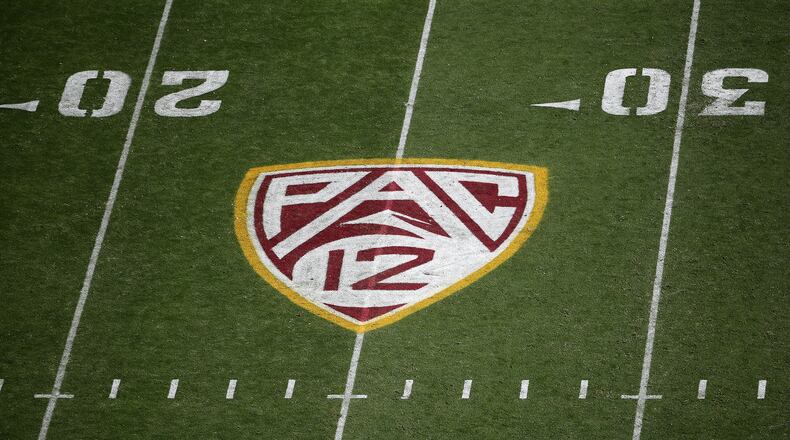If we didn’t love college football, would we even like college football?
This question, we concede, could be a function of age. One translation of “everything’s so different” is “I’m old and crabby.” But, when the issue is college football, everything IS different.
There’s a playoff now. That has been good for everybody. The playoff is about to expand by eight teams – maybe not so good if you’re Georgia or Alabama or Ohio State.
There’s a transfer portal, useful for players if not those who coach those players. There’s NIL money, which is great for players but has rendered this amateur sport a professional enterprise without oversight. Maybe that’s neither good nor bad. Maybe that’s just reality.
There’s also the matter of conferences. Recalling the time when a team’s affiliaton mattered is the greatest age signifier. If you recall the days when Georgia and Auburn met in Columbus, Ga., you also remember when the Dodgers were based in Brooklyn. Everything changes. Stop whining.
But what are we – meaning everybody in this world – to make of a conference based in Chicago that wil include four teams from the coast, and we don’t mean the Jersey Shore. (Though that conference also counts an outpost there.) If we dip into numbers, we dive down the rabbit hole.
The Pac-12 is down to four members. The Big Ten is almost the Big Twenty. The SEC, which has never seen itself as small, watches with chagrin as the Big 12, even with the departures of SEC-bound Texas and Oklahoma, has matched the enrollment of the league where It Just Means More.
Here’s how we know the SEC is miffed: Greg Sankey invoked the G-word. Speaking with ESPN, the haughtiest of commissioners said: “We know who we are. … We’re geographically contiguous with the right kind of philosophical alignment.”
Geography? Philosophy? A conference so old-fashioned might as well break out the leather helmets.
(Oh, and that noise you heard was Sankey yelling, “Get me FSU on Zoom, stat!”)
Geography no longer counts. The only operative philosophy is borrowed not from Amos Alonzo Stagg but the fictional Gordon Gekko: Greed is good. Arizona, Arizona State, Colorado and Utah just upped sticks because they’d rather not play on Apple TV. Oregon and Washington are Big Ten-bound, and never mind that their student-athletes – in our time of NIL, can we retire that euphemism? – will face three- and four-hour flights for every league road game?
For “conference,” we say “ATM.” For “tradition,” we say, “Huh?” Still, the World Series used to play only day games. Everything changes. Stop whining.
A final whine before we go: Conferences came to exist because of a shared ethos, much of it traceable to geography. The SEC was a collection of like-minded institutions from a specific region. So was the Big Ten. So was the Pac-12, which was once the AAWU, which wasn’t a root beer but the Athletic Association of Western Universities
Geography and ethos gave way to programming. College football exists not as a celebration of regional pride but as blocks of television. We’ll watch whatever’s on. Kickoff is whenever the network says it is. What began in 1981 with a lawsuit filed by Georgia and Oklahoma against the NCAA’s control of media rights has seen its final battle.
Big shock. TV won.
The Pac-12 disintegrated because it couldn’t rustle up a decent contract. Florida State put the ACC on notice, though still unclear is what, beyond huffing and puffing, the Seminoles can do about it. Even the SEC, accustomed to leading every parade, is asking, “Did we just fall behind?”
It’s fascinating to watch, but it’s fascination laced with dread. Does college football without borders remain college football? And if it’s not college football, should we just pretend it is?
The above is part of a regular exercise available to all who register on AJC.com for our free Sports Daily newsletter. The full Buzz, which includes extras like a weekly poll and pithy quotes, arrives via email around 1:30 p.m. on Monday, Wednesday and Friday.
Go to the AJC.com home page. Click on “Choose from a variety of newsletters” at the top. Click on “Sports Daily.” You’ll need to enter your email address. Thanks, folks.
About the Author
The Latest
Featured


